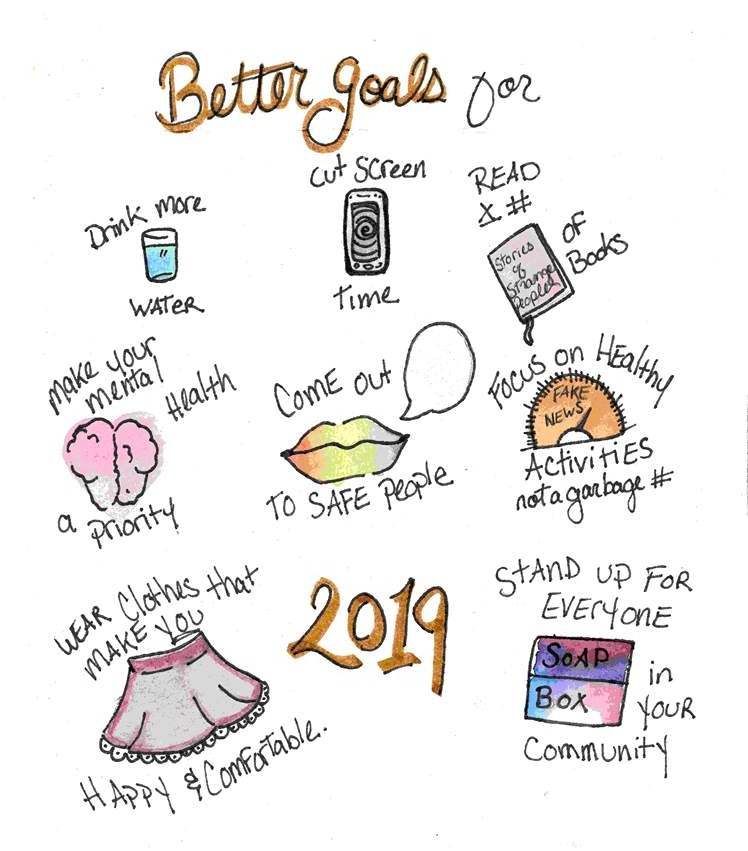Do not out your child. Not to anyone. Not to your family, not to your best friend, not to your spouse.
I know that sounds extreme.
Your child just told you something that could lose them their friends, their safety at school, something that can strip them of their ability to be in any social space and be treated as a human. Chances are good they are hyper-aware of these threats.
You know the people or person you want to tell would still love your child. Otherwise, you wouldn’t dream of telling them. If your child just came out to you and you alone- they’re likely still processing what in the hell this means to them and for them. They are trusting you with information that could lead to a big, terrifying and lonely unknown. This is a space they need to move though on their own. They’ve invited you to walk with them at their pace and by their side.
Trust me on this, I have worked with families where a parent outed their child before they were ready and the damage done to the trust your child has in you can be devastating.
If you feel like you need to tell your spouse, talk to your child about it. Ask them how they feel about telling their other parent. Give them space to voice any fears they may have. Maybe they don’t have any and they’re already planning on telling them. Great. Problem solved. If they do have reservations, DO NOT get defensive on behalf of your partner. I promise it won’t help the situation. Validate their fears (remember, validation does not equal agreement) and let them know you do not feel comfortable keeping this from your spouse. Ask them if they might meet you in the middle and give you a time-frame in which they will either tell your spouse or they will ask you to do so.
Note: If your spouse is homophobic / transphobic or if there is any shadow of a shadow of doubt in your mind that they will respond in anything but a loving and and accepting way- do not tell them and do not ask your child to tell them. This is NOT your secret to share, it’s theirs. LGBTQIA+ youth are 5x more likely to attempt suicide than their hetero/cis peers. Don’t let the weight of this escape you.
If they are not ready for anyone else to know and you need to talk to someone- that is OK. This can be a lot for to process. You are not allowed to feel grief, fear, anger, confusion, sadness, etc. Find a therapist. Tell them everything: the good, the bad and the ugly. You deserve space to process this, too.





